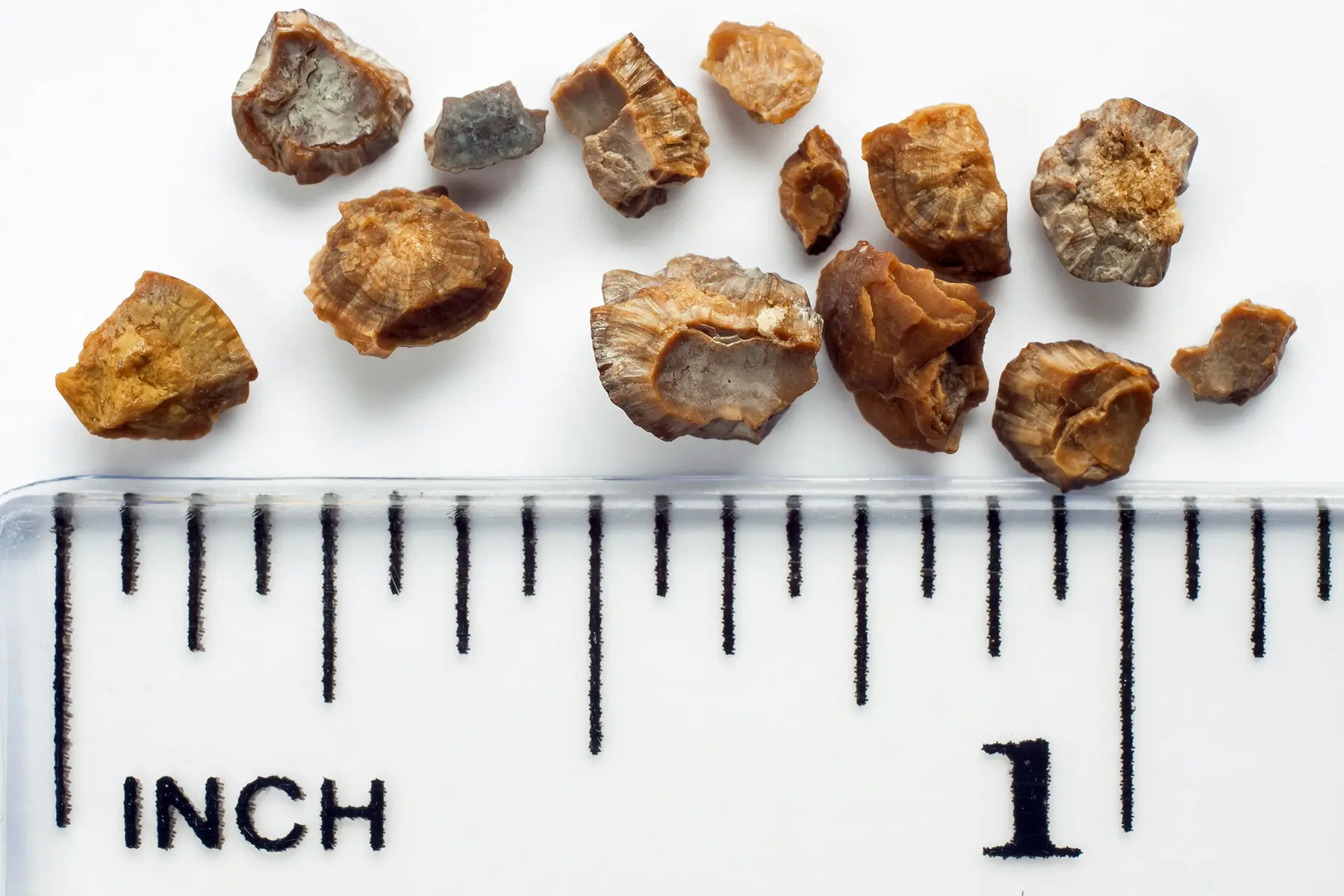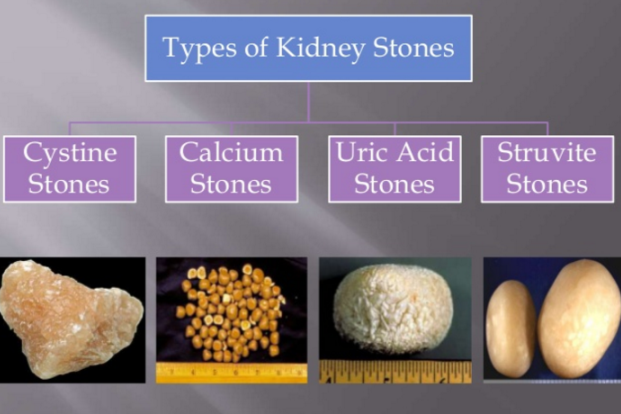Browsing the Signs And Symptoms of Kidney Stones vs UTI: A Thorough Contrast
Browsing the Signs And Symptoms of Kidney Stones vs UTI: A Thorough Contrast
Blog Article
Checking Out the Effects and Causes of Kidney Stones in Contrast to Urinary System System Infections: A Thorough Guide
The exploration of kidney stones and urinary system infections (UTIs) reveals an intricate interaction of signs and underlying causes that necessitate mindful evaluation. What are the vital distinctions in their signs and symptoms, and just how might these inform therapy strategies?
Summary of Kidney Stones
Kidney rocks, likewise recognized as kidney calculi, form when certain materials in the urine crystallize and aggregate, leading to the growth of difficult down payments within the kidneys. These rocks can vary in size, varying from a grain of sand to a golf sphere, and can be made up of different materials, the most typical being calcium oxalate, uric acid, struvite, and cystine. The formation of kidney stones is influenced by several aspects, consisting of nutritional routines, fluid consumption, and genetic tendency.
Symptoms of kidney stones may consist of severe discomfort in the back or side, blood in the urine, queasiness, and regular urination, especially as the stone relocates through the urinary system tract. Medical diagnosis generally involves imaging researches such as ultrasound or CT scans, together with urinalysis to determine the stone's make-up.
Therapy alternatives vary based on the size and kind of stone, along with the extent of signs and symptoms (Kidney Stones vs UTI). Little rocks might pass naturally with enhanced fluid consumption, while bigger stones may require medical treatments such as lithotripsy or surgical elimination. Understanding the pathophysiology and danger aspects related to kidney stones is important for reliable prevention and management
Introduction of Urinary System Infections
Urinary system infections (UTIs) are common bacterial infections that impact any part of the urinary system, including the kidneys, ureters, bladder, and urethra. They mostly take place when microorganisms, frequently from the gastrointestinal system, get in the urinary system, leading to inflammation and infection.
The prevalence of UTIs is notably higher in women than guys, largely due to physiological distinctions, such as a much shorter urethra. Risk factors consist of sex, certain contraceptive approaches, urinary system retention, and dehydration. The diagnosis of UTIs is generally confirmed with urine examinations, which might disclose the existence of microorganisms, white blood cells, or red cell.

Symptoms of Kidney Stones
The pain connected with kidney rocks can manifest in various means, commonly leading people to look for clinical attention. Among one of the most common symptoms is serious discomfort, normally local in the lower back or side, which might emit to the abdomen or groin. This discomfort, usually explained as sharp or cramping, can take place all of a sudden and may rise and fall in intensity.
Furthermore, individuals may experience hematuria, or blood in the pee, which can range from microscopic total up to noticeable discoloration. This symptom might be gone along with by modifications in urinary routines, such as boosted frequency or urgency, in addition to pain throughout peeing. Queasiness and vomiting are likewise widespread, frequently resulting from the body's reaction to intense discomfort.
Sometimes, individuals may experience high temperature and cools, especially if an additional infection develops due to the blockage created by the stones. In general, the combination of serious discomfort, hematuria, modified urinary patterns, and stomach signs can supply significant insight into the presence of kidney stones, calling for punctual medical examination and intervention. Understanding these signs and symptoms is essential for prompt diagnosis and efficient monitoring of the condition.
Signs of Urinary System System Infections
Infections within the urinary tract frequently present a series of unique signs and symptoms that can significantly influence every day life. One of the most usual signs and symptoms include a consistent urge to pee, frequently accompanied by a burning feeling during peeing, recognized as dysuria. People might also experience boosted frequency of peeing, producing percentages of pee each time.
Other notable signs and symptoms consist of gloomy or reeky urine, which may suggest the visibility of microorganisms or pus. Sometimes, urine might show up pink or red due to the existence of blood, a problem referred to as hematuria. In addition, individuals may experience pelvic discomfort or stress, which can additionally aggravate the sensation of necessity.
Systemic symptoms might also manifest, such as fever, chills, and tiredness, specifically if the infection has ascended to the kidneys. It is necessary to identify these signs early, as untreated urinary tract infections can lead to much more severe issues. Kidney Stones vs UTI. Trigger medical attention is encouraged when these symptoms are observed, permitting for appropriate analysis assessment and treatment to relieve pain and avoid further health problems
Sources Of Each Condition
Regularly, kidney stones and urinary system infections occur from distinctive yet occasionally overlapping reasons that can affect individuals differently. Kidney rocks generally form as a result of metabolic factors, nutritional selections, and genetic proneness. Boosted degrees of calcium, oxalate, or uric acid in navigate to this site the pee can cause stone development. Dehydration, not enough liquid intake, and high-sodium diets can aggravate these conditions, promoting crystallization within the urinary system tract.

Comprehending these distinctive reasons is critical for avoidance and therapy. Kidney Stones vs UTI. While way of living alterations might reduce the threat of kidney rocks, suitable hygiene and timely therapy of urinary tract infections are necessary for decreasing their reappearance and linked problems
Final Thought
In summary, kidney rocks and urinary tract infections existing unique signs and underlying try here causes. Kidney stones are characterized by severe pain and metabolic variables, while urinary system infections primarily include microbial infections leading to urinary seriousness and pain.
The exploration of kidney stones and urinary system infections (UTIs) exposes a complicated interplay of symptoms and underlying causes that call for cautious evaluation.Urinary system tract infections (UTIs) are typical microbial infections that affect any type of component of the urinary system, consisting of the kidneys, ureters, bladder, and urethra.Often, kidney rocks and urinary tract infections develop from distinctive yet sometimes overlapping causes that can impact people differently.In summary, kidney stones and urinary system tract infections present unique signs and underlying reasons. Kidney stones are defined by extreme pain and web metabolic factors, while urinary system tract infections mainly involve bacterial infections leading to urinary seriousness and pain.
Report this page